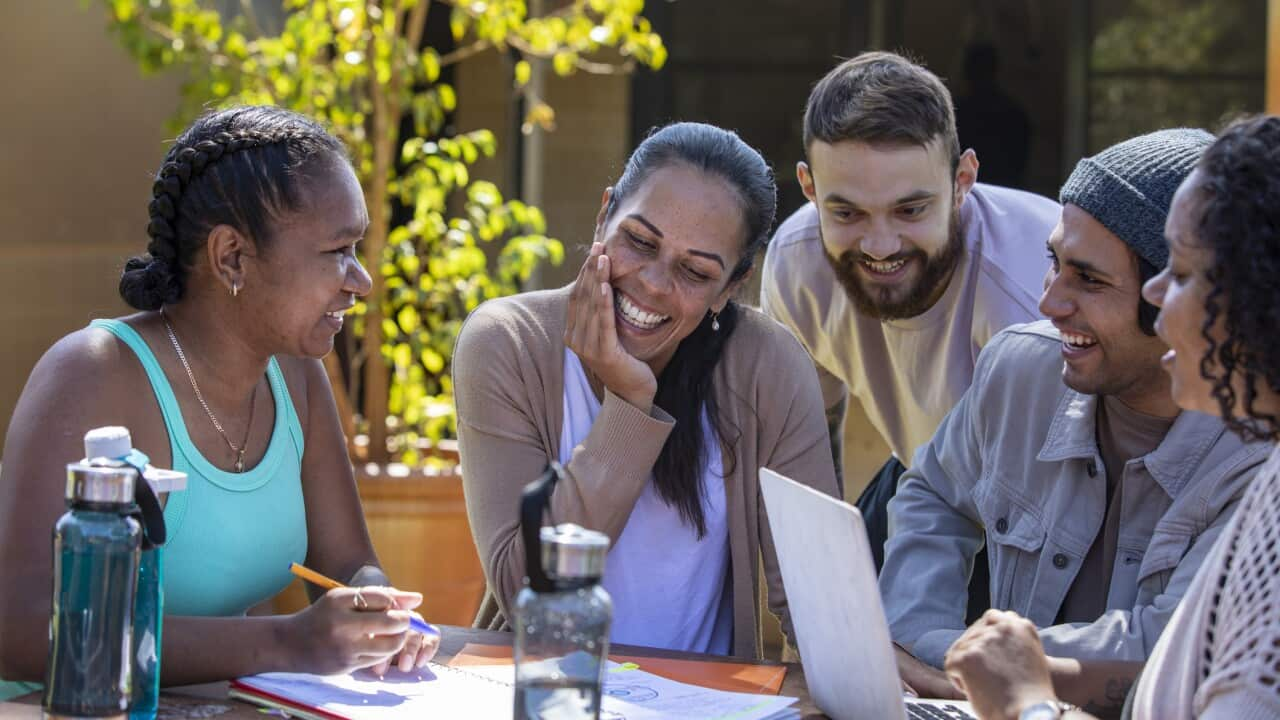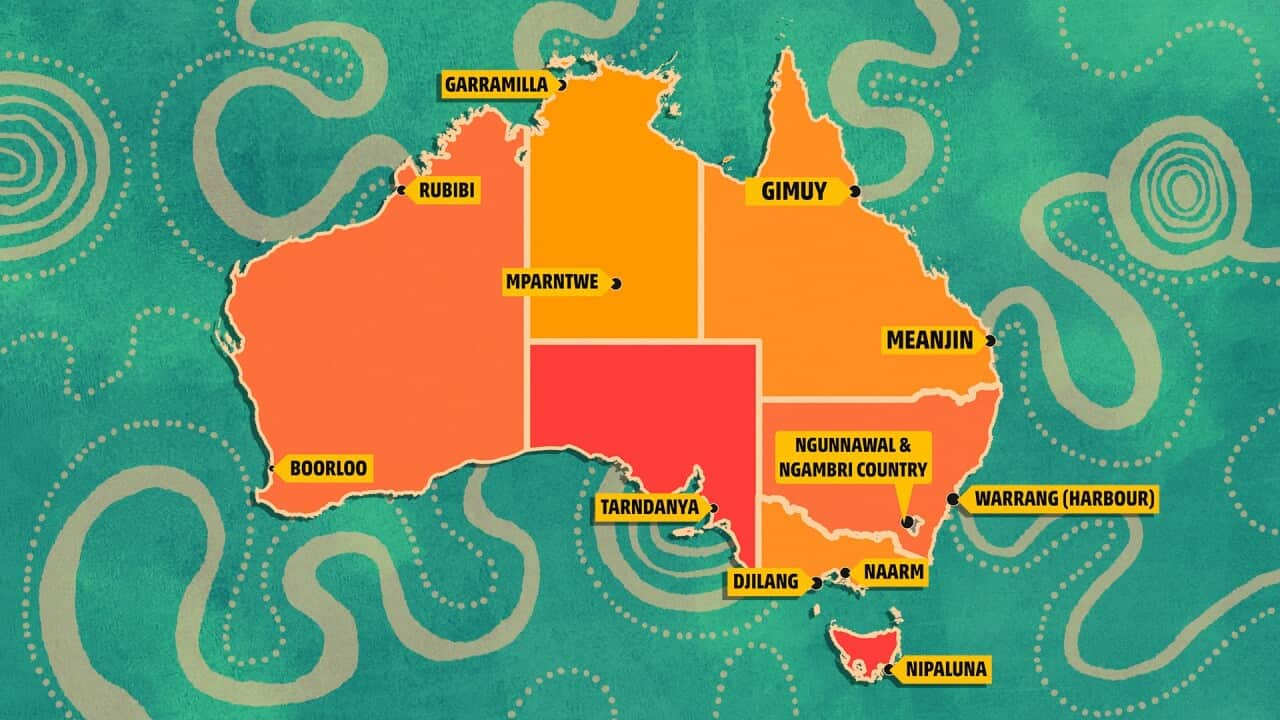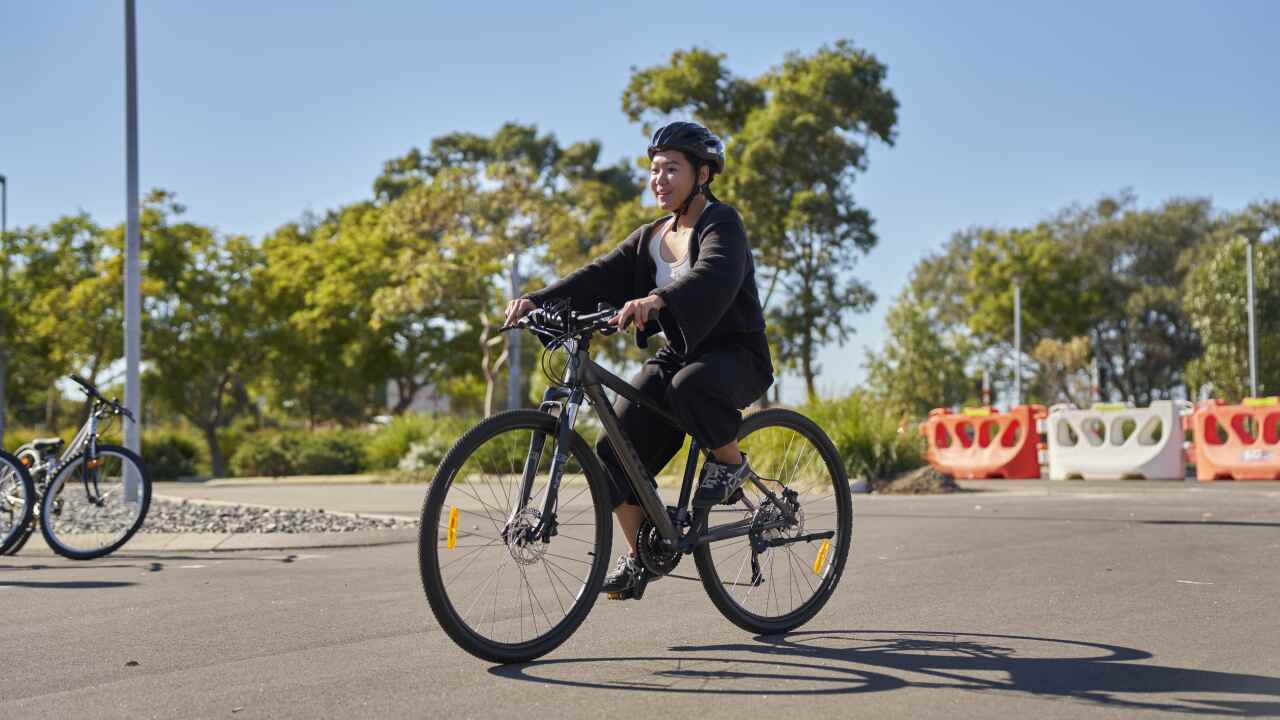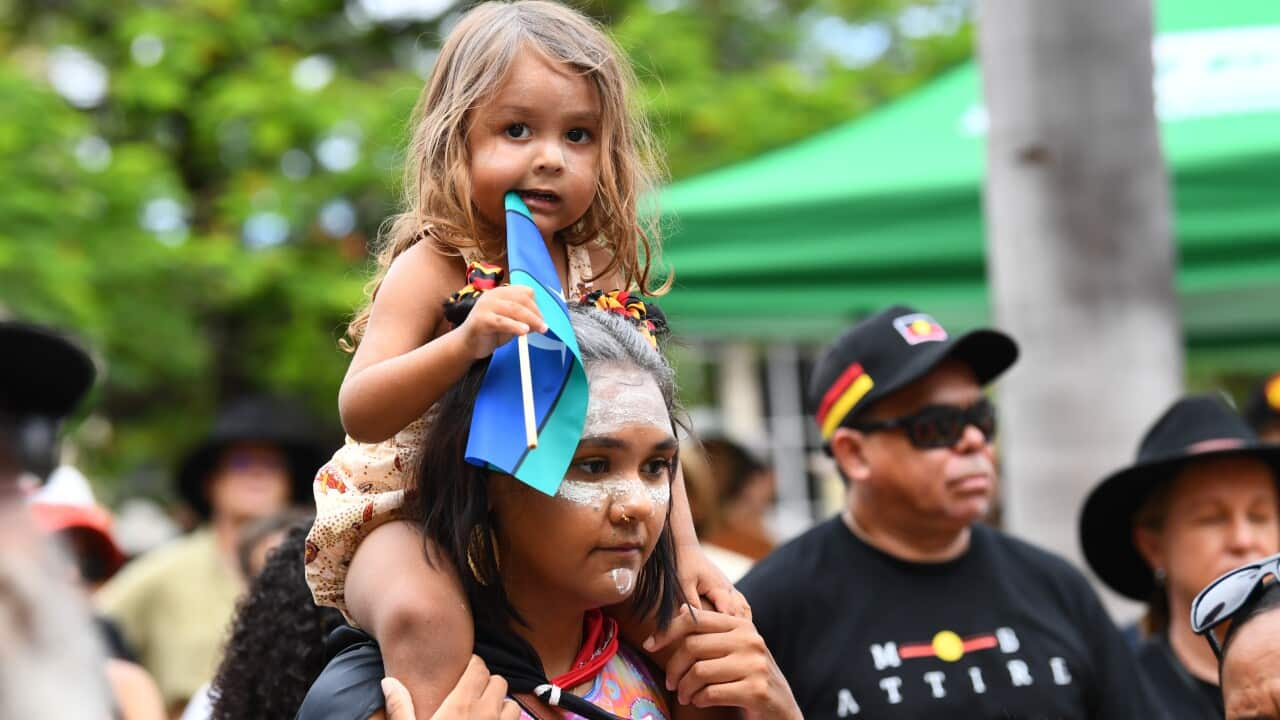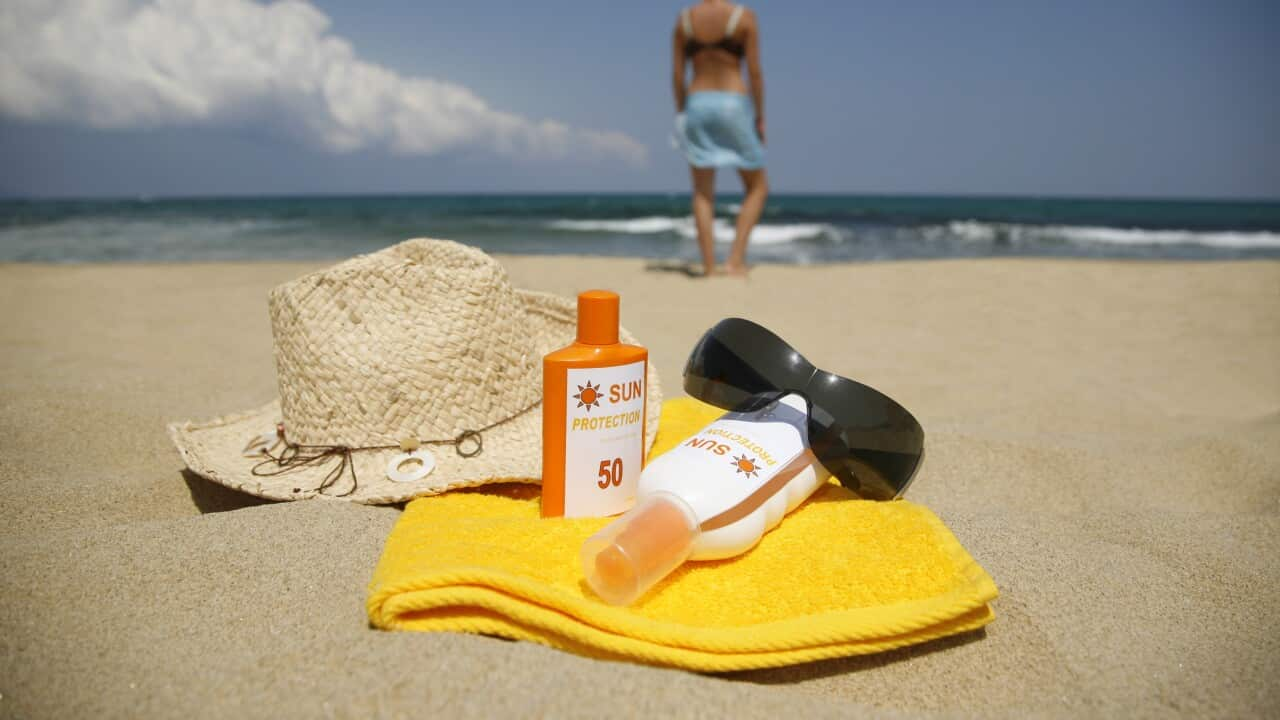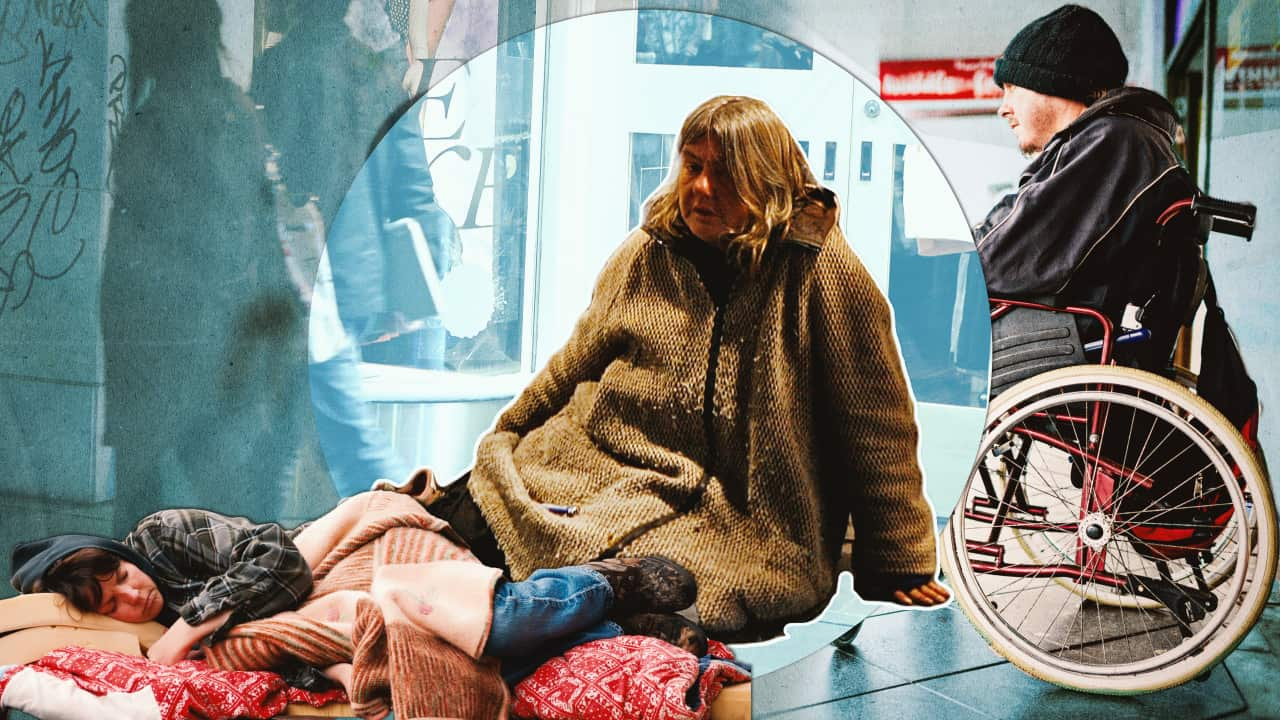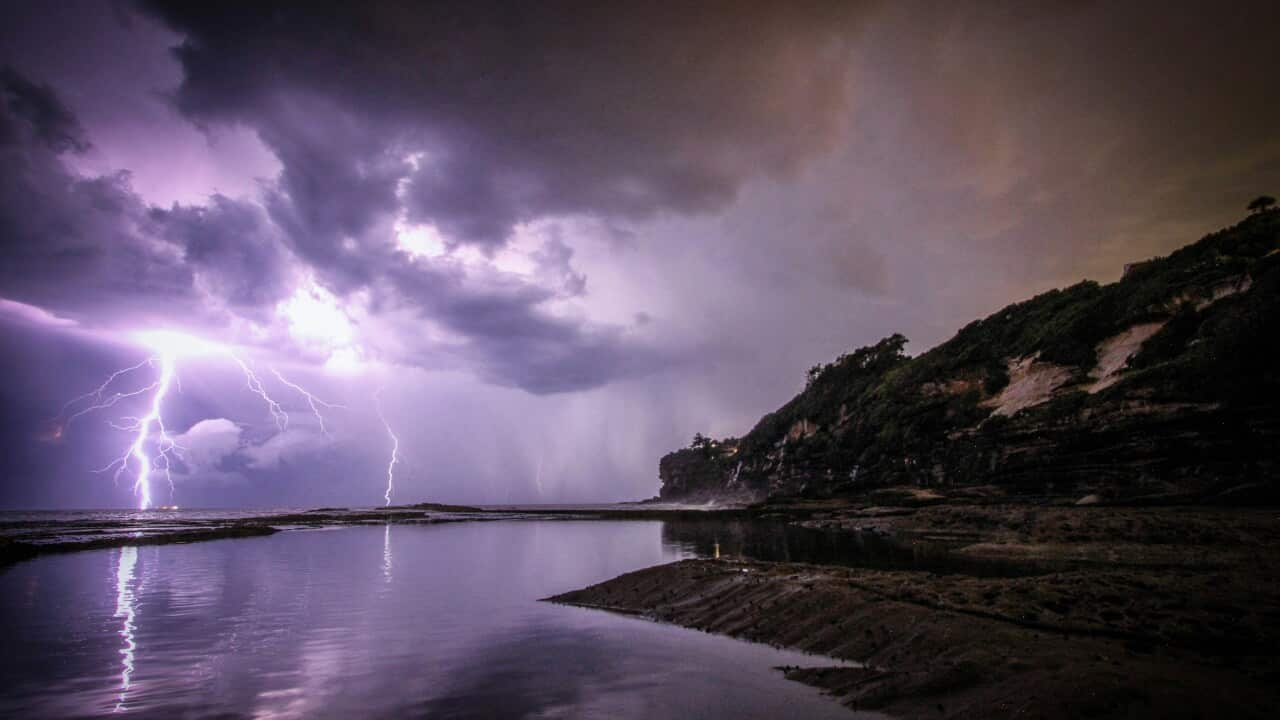Key Points
- Educate yourself on the history of First Nations communities and understand the relationships they’ve had with the non-Indigenous people.
- Learn about the traditional owners of the land that you live on.
- Multicultural communities can draw from and build on common experiences.
To be a First Nations ally means an individual stands with and actively supports matters and causes that hold significance to Indigenous communities, Yorta Yorta woman Dr Summer May Finlay explains.

Dr Summer May Finlay.
While there is no set path, there are things that non-Indigenous people can do to become allies.
Educate yourself
Like any relationship, the first step to becoming a good ally is “getting to know the people,” says Bundjalung woman and CEO of Karen Mundine.
“It has to start with understanding the relationship and the situation we are in today with First Nations people and other Australians, and understanding the history, the things that have gone on in that relationship.”
The process can enrich any Australian’s life, she adds.
“It gives them the opportunity to make their own connection with people and with country and with place,” Ms Mundine says.

CEO of Reconciliation Australia, Karen Mundine Credit: Reconciliation Australia Credit: Joseph Mayers/Joseph Mayers Photography
“An ally is someone who takes the time to educate themselves, as we are only three per cent of the population,” she says.
“If we try and educate everybody, we’d be doing nothing else.”
While there are many resources to learn about First Nations people, Ms Mundine believes a good starting point is to learn about the traditional owners of the land where you live, through First Nations organisations and local councils.
Dr Finlay says that Reconciliation Australia or your state-based reconciliation councils are among the resources.
See all people as equals
Luke Pearson is a Gamilaraay man, and the founder of , an online platform that showcases and celebrates diverse Indigenous voices.
While everybody can play a role in positive change, he explains his feelings towards the terms ally and allyship in this context.

Founder of Indigenous X platform, Luke Pearson
“The goal is not for you to feel good; the goal is to improve outcomes for Indigenous people.”
READ MORE

What is Welcome to Country?
